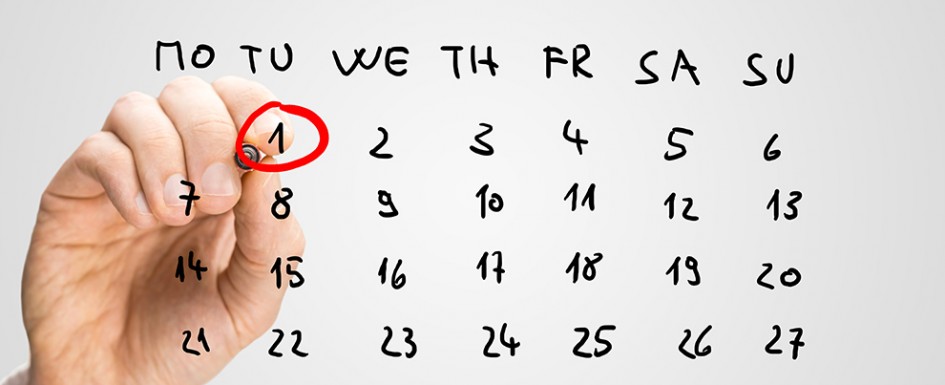End of Month is called end of month for a reason ….to pay everyone at the end of the month. As a trust account trainer the most common question asked is “when do I do end of month?”. Some people are adamant that it should be done on the last day of the month as “that is the end of month” …others think it should be done on the first day of the month to include all of the transactions for the month prior; even if it is a weekend and others think that it needs to be done on the first business day of the month as the banks have then sent through all payments and you have definitely receipted everything.
Who is Right?
Answer – EVERYONE!
It is not about when you “perform” end of month but when you reconcile. Two very different things. Section 17 from the Agents Financial Administration Regulation 2014 states below that you must reconcile within 5 days of end of month not actually performing it.
Agents Financial Administration Regulation 2014
17 Trust account cash book reconciliation
(1) A principal agent must, within 5 business days after the end of
each month—
(a) reconcile the trust account cash book balance as at the
end of the month with the trust account ledger balances
that show—
(i) each trust account creditor’s name; and
(ii) the amount held on behalf of the creditor as at the end of the month; and
(b) reconcile the financial institution’s statement balance for
the principal agent’s trust account as at the end of the
month with the trust account cash book balance as at the
end of the month.
(2) The principal agent must keep each reconciliation completed
under this section in the principal agent’s records.
Best practice is as follows:
• Reconcile on the 1st to include all the payments for the month using the last day of the month Bank Balance.
• Perform end of month in your trust accounting software
• Pay out your owners
• Deduct your commission
• Roll the month
In short, if you perform end of month on the 1st of the month and BALANCE you are abiding by the regulation and will not be fined. If you perform it earlier just remember to come back and balance by the 5th of the following month.
DO NOT FORGET TO PRINT/EXPORT THESE REPORTS FOR YOUR AUDITOR.
I have also spoken to a dear auditor friend of mine and asked the most common ways that she is finding fraudulent activity in trust accounts and they are as follows
• Cash bonds – This is STILL happening.
• Fake suppliers being set up (yes this is very common) think about it – your boyfriend is setup as a plumber and you EFT his bank account funds for “fake” jobs? How long would it take your licensee to track this down. I also work with a lot of offices on this matter and as a trust account specialist this is the VERY first thing I investigate.
I could go on and on about the correct procedure for trust accounting as I am very passionate about it, and it still baffles me how many agents/onsite managers are being fined and in far worse cases jailed.
If you would like a pre trust account audit done to ensure you are doing things correctly, please don’t hesitate to contact us at Real Strategix
